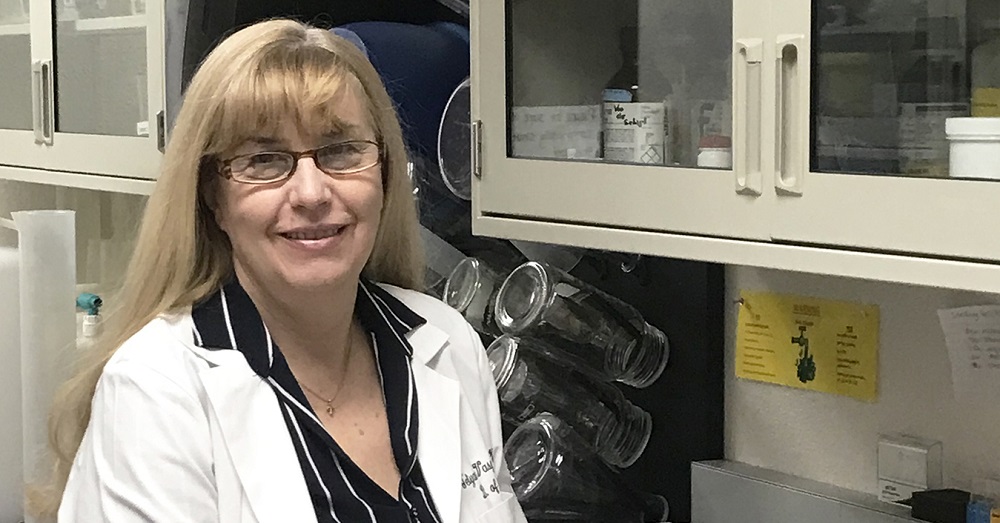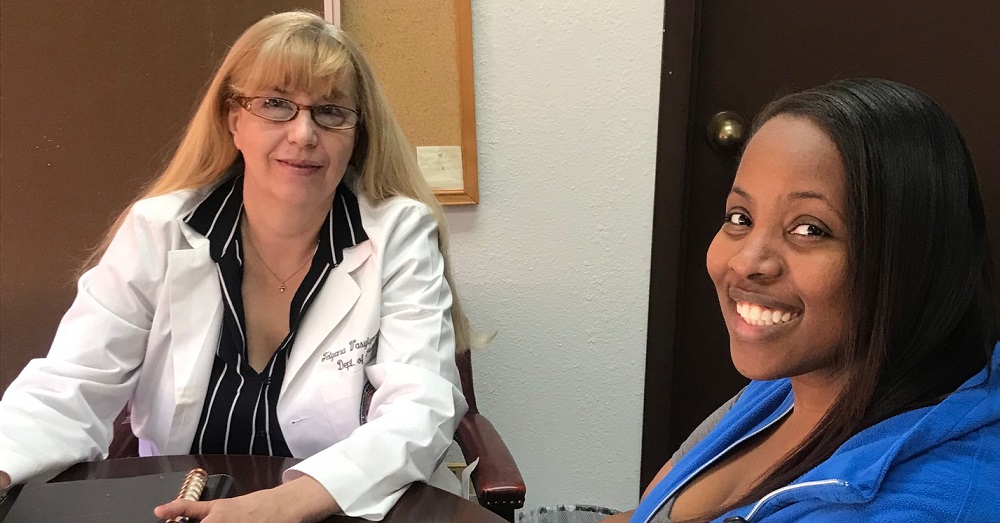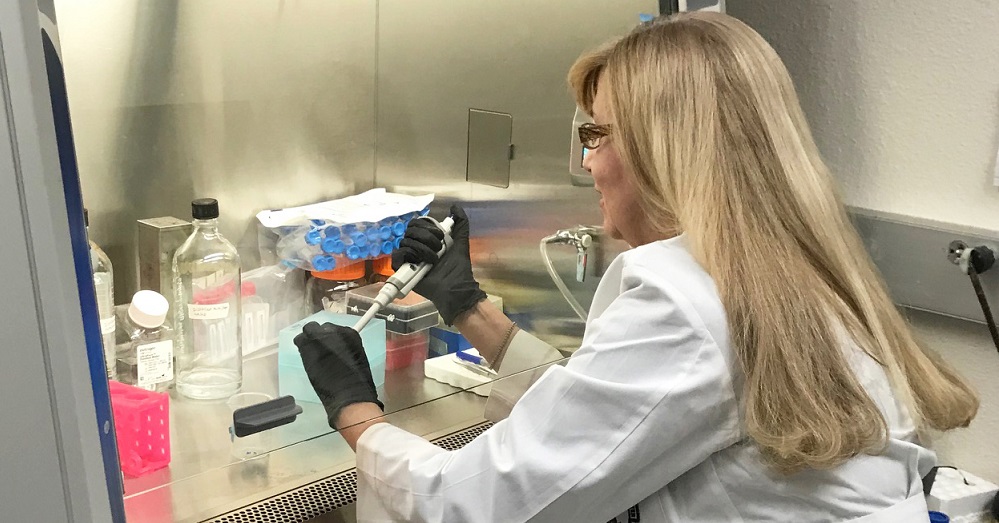
If most Americans were asked to name the country’s leading causes of death each year, their answers would likely include things such as heart disease, cancer, car accidents and gun violence. And while all of those causes are indeed on the list, medical errors are another leading cause that presents significant public health concerns, yet seldom come to mind.
Medical errors generally occur due to an action not taken (error of omission) or because an inappropriate action was taken (error of commission). But identifying the reason, or reasons why these errors occur can be more difficult to pin down. Studies have shown that health care processes such as assessment and diagnosis, information management, operative care and medication use are among the primary causes of medical error. However, the number one reason investigators believe these mistakes occur is the lack of effective communication, an issue that is amplified when English is not the patient’s primary language.
To help address these communication hurdles, the Patient-Centered Outcomes Research Institute (PCORI) has awarded a $438,756 subcontract to Tetyana L. Vasylyeva, M.D., Ph.D., from the Texas Tech University Health Sciences Center (TTUHSC) School of Medicine. The five-year subcontracted project, “Comparing Three Approaches to Communication with Hospitalized Children and Families with Limited English Proficiency,” will be implemented at the TTUHSC campus in Amarillo, which will partner with Northwest Texas Healthcare System (NWTHS).
Vasylyeva’s subcontract is part of a larger PCORI project directed by Alisa Khan, M.D., MPH, from Boston Children’s Hospital. That project, “The Patient and Family Centered I-PASS LISTEN Study: Language, Inclusion, Safety, and Teamwork for Equity Now,” is based upon a pilot study the hospital conducted from 2014-2017 that produced a 38% reduction in harmful medical errors.
Based upon that pilot study, Vasylyeva said the goal of her subcontract is to compare three different translation approaches with pediatric clinical care patients and their families at hospitals in West Texas to see how these approaches may reduce the likelihood of medical errors.

The first of the three approaches Vasylyeva’s team will implement will be to follow current communication practices with no changes. The second approach will add a telephone interpreter to the current practices, and the third approach will include the patient’s entire care team working together with an in-person interpreter.
“The topic is actually not super new to us because we have seen the problem before,” Vasylyeva said. “We published a paper on the topic because we have seen that medical care and equities for people for whom English is a second language is actually a huge problem.”
For example, when a parent for whom English may be a second or even third language brings their sick child to a physician, the language barrier often leaves the parent feeling unsure and uncomfortable. Because they are not as proficient in English, these parents often leave the appointment feeling as though they missed or misunderstood an important instruction, or that they’re doing something wrong in caring for their child.
“Of course, there very often is an interpreter available on the phone, but sometimes they're not well trained in medicine,” Vasylyeva said. “And sometimes the patient or family is just ashamed or embarrassed to ask more questions.”
When patients don’t ask questions, Vasylyeva said important instructions may not be followed. It’s not because people don't want to follow the instructions, it’s because of miscommunication or misunderstanding.
“Communication is key, and it's not just communication between physicians and patients,” Vasylyeva said. “It's a whole team communicating. It's nurses, students and residents, and it’s patients providing feedback. It's pretty much a team building approach.”
In addition to Vasylyeva, the project team will include Amanda Cutts, MPH, a TTUHSC clinical research coordinator; a TTUHSC project nurse; a project nurse from NWTHS; and Raphael Mattamal, M.D., a NWTHS hospitalist who will serve as the project co-principal investigator alongside Vasylyeva. Two patients for whom English is not their first language also will serve on the project’s Advisory Committee.

Cutts, who will work with the project nurses to enter and interpret data, said better communication also is important to setting up clinical trials that include patients who may not be proficient English speakers. Translators can help, but many of these patients still may not fully understand that their participation is voluntary and not required.
“I don't want them to feel like they're obligated to participate because they are in a hospital setting or because a doctor or a person who's in the medical field is talking to them,” Cutts explained. “And a lot of times they will say, ‘I still don't understand what this is. Are you putting my child on a drug? Are you doing this, are you doing that?’ I feel like this study is going to have a huge impact because communicating more effectively could increase the number of patients who understand what a clinical trial is and who will want to participate because they do understand.”
Vasylyeva agreed and said more effective communication can reduce medical errors because it promotes the equity and inclusion of patients and family members who are not proficient English speakers. That’s why she believes patient feedback will be a key component of the study.
“We need to get patient feedback because we need to work as a team to improve communication and improve patient safety,” Vasylyeva stressed. “We need to educate our students and residents so they understand how to approach patients with linguistic difficulties. If we all work as a team to ensure that patients and families understand our instructions, that all questions are answered, that practitioners can work with people for whom English is a second, third or even fourth language, then we might ensure that, in pediatrics at least, our patients are well taken care of.”
